Latest News
Kitchen Chat and more…
Kitchen Chat and more…
The person filling this new position of Legacy Giving Coordinator is accountable to the Regional Board of North America and provides guidance and support to the individual congregations as they work to create and build an active Legacy Giving Program in a way that is congruent with the specific interests and fundraising maturity of each congregation.
The Legacy Giving Coordinator will work with the congregations to find the resources they may require to develop their Legacy Giving Programs. To these ends, the Legacy Giving Coordinator will work closely with congregational liaisons and serve as a catalyst for conversation with and within our congregations.
The short and long term goals of the Legacy Giving Coordinator are to facilitate, encourage, guide, service, and support not less than six congregations in North America as they create, launch, develop, and build active an Legacy Giving Program in their communities over the next three years. There will be objective measurements provided to gauge the success of both this position and program on an annual basis. Read more
The events which have taken place around the Boston marathon have shaken our national consciousness and again raise uncomfortable questions about the world in which we are living. Struggling to come to terms with senseless destruction is necessary and understandable in the face of such occurrences, but equally important and worthy of our attention are the questions about the way that we experience these kinds of tragedies.
Boston makes us aware that our perception of world events is still very much geographical. Explosions in crowded public places are alas, commonplace in other parts of the world. They are not in our country. What does this mean for us? Why are the bombings in Boston so painful? Eastertide offers I think a few keys to answering this question. Read more
Very early on the first day of the week, just after sunrise, they were on their way to the tomb and they asked each other, “Who will roll the stone away from the entrance of the tomb?” But when they looked up, they saw that the stone, which was very large, had been rolled away. (Mark 16:2-4)
That the women walking to the grave only realize a short distance from their destination that they cannot move the stone away! Yet, they might have bemoaned their lack of foresight and, without ever reaching the tomb, turned around. Or perhaps they could have quickly decided to search for someone who could move the stone, but instead they looked up! It is only then that they became aware: the stone has been moved already, and the passage is open to the place where they received further clues leading them to the resurrected one. Read more

